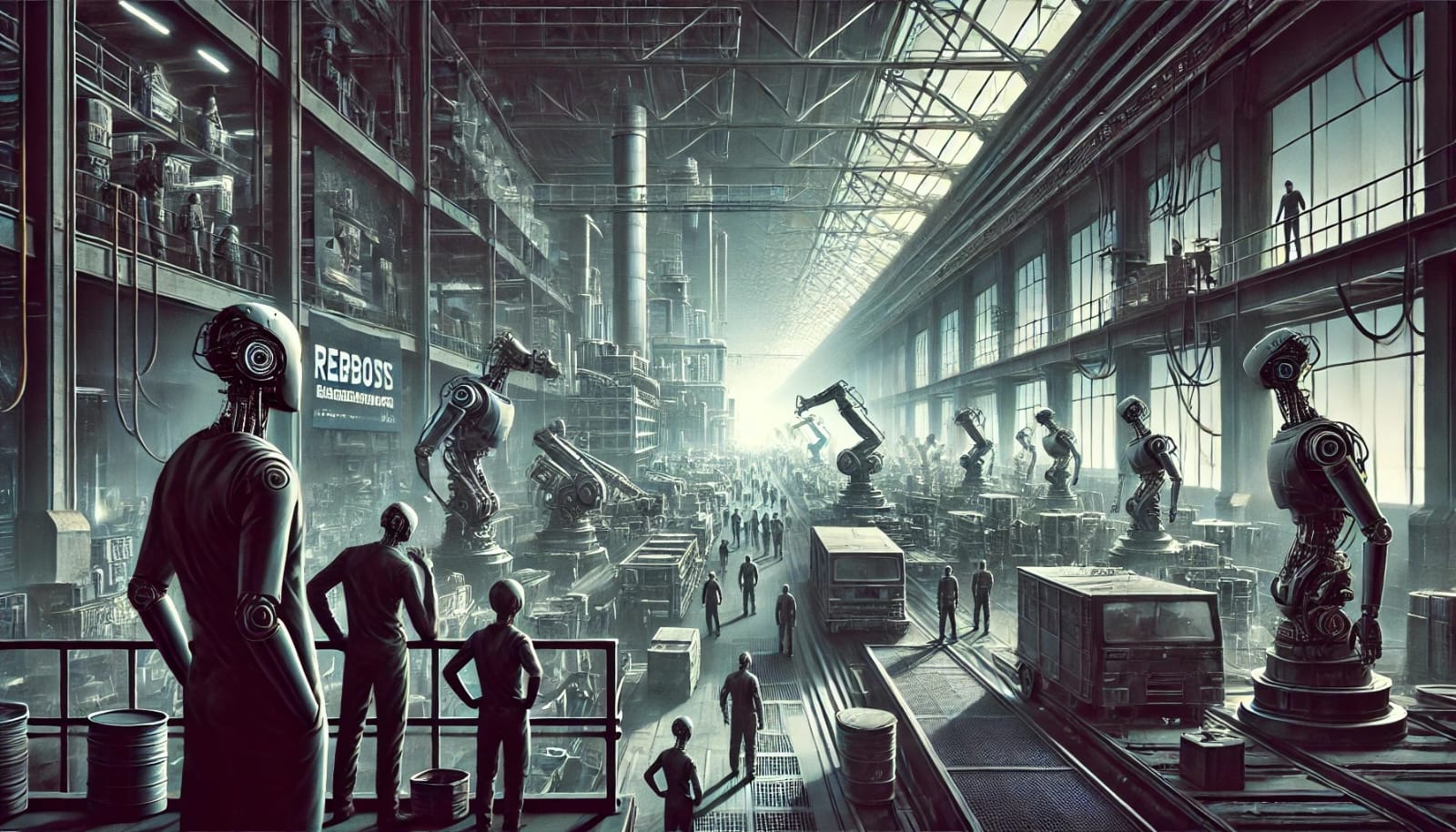Automation is no longer a distant possibility; it is rapidly transforming industries and redefining the nature of work. Machines are replacing human effort in ways previously unimaginable, not just in physical tasks but increasingly in cognitive and creative domains. But as automation accelerates, it poses a fundamental challenge to the economic system that has underpinned modern society: capitalism.
Capitalism thrives on the interplay of labor, consumption, and profit. Workers produce goods or provide services, earn wages, and spend their income to fuel demand. This cycle drives economic growth and sustains the system. However, when all work is automated, the cycle begins to falter. If machines do all the labor, who earns wages? And without wages, who buys the goods and services that these machines produce?
Universal automation threatens to sever the link between productivity and human employment. With wealth concentrated in the hands of those who own the machines, income inequality could reach unprecedented levels. As the majority lose purchasing power, the very foundation of consumer-driven capitalism begins to crumble. Without widespread demand, the incentive to produce diminishes, leading to economic stagnation or collapse.
This scenario forces us to reconsider the role of work, wealth distribution, and societal structure. Ideas such as universal basic income (UBI) have been proposed as potential solutions, redistributing wealth to ensure everyone benefits from the gains of automation. But even with UBI, deeper questions remain: How do we define purpose in a world where work is no longer necessary?
The automation revolution offers humanity a chance to build a post-capitalist society—one where technology enables universal prosperity rather than exacerbates inequality. The challenge lies in navigating this transition thoughtfully, ensuring the benefits of automation are shared by all. The stakes are high, but the opportunities are transformative.

Leave a Reply